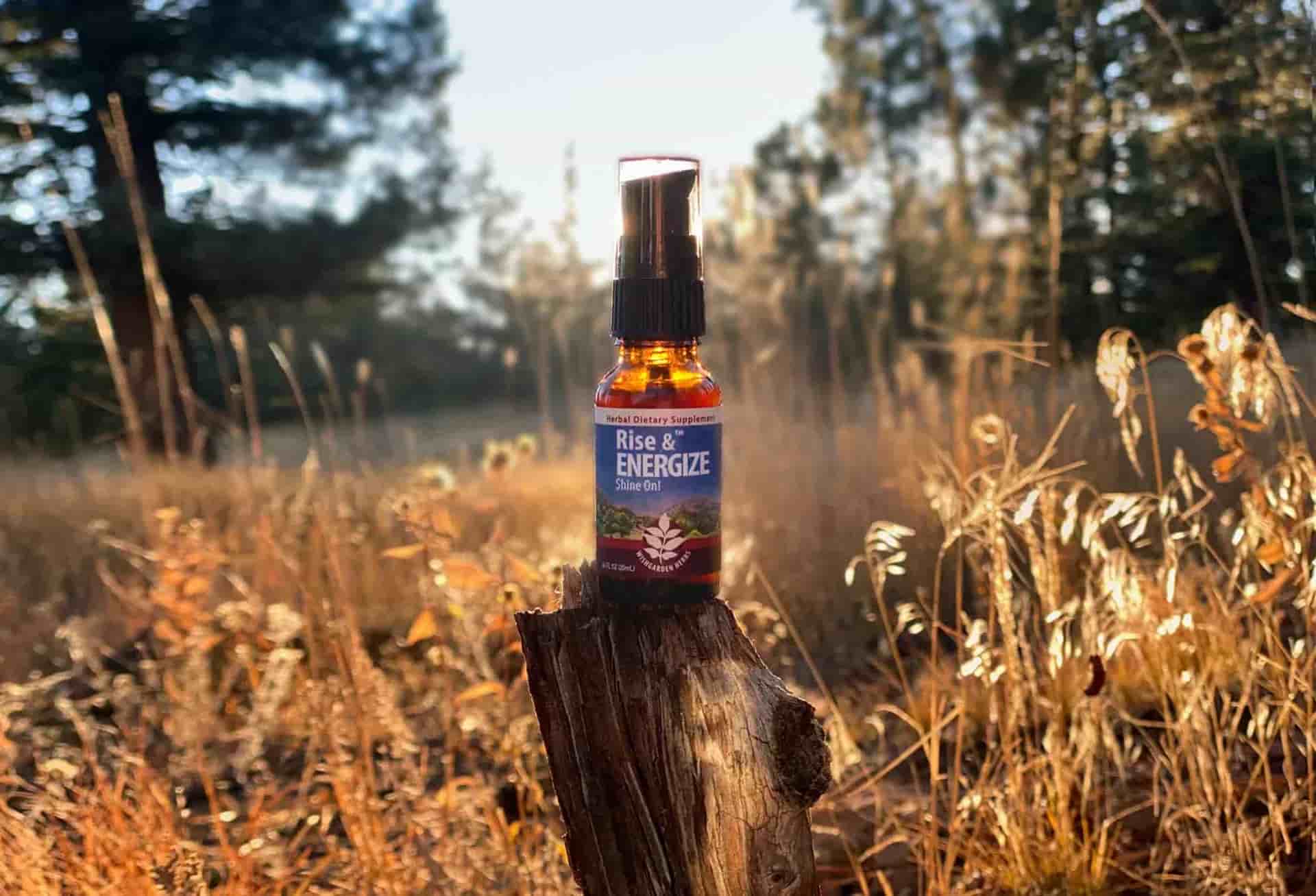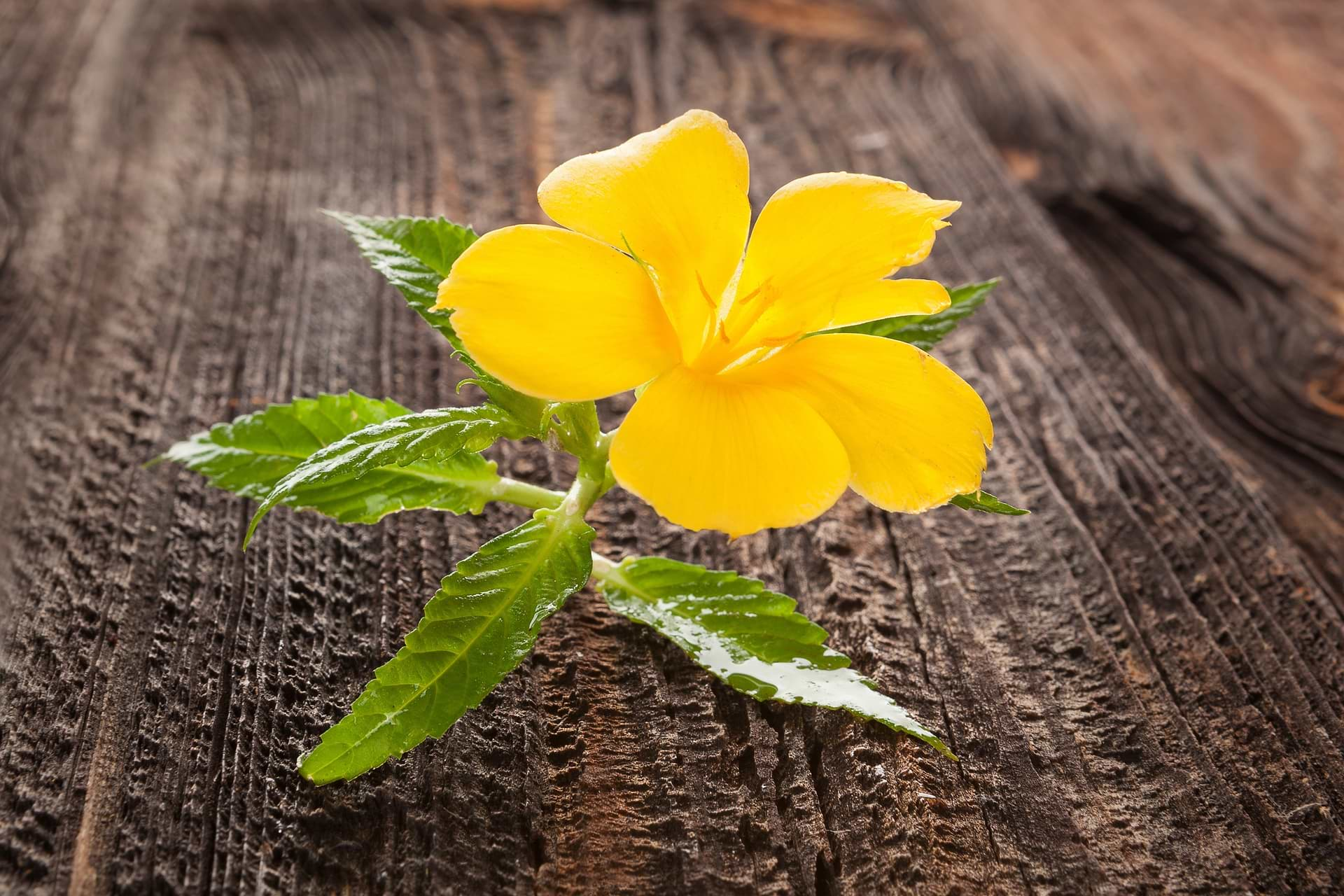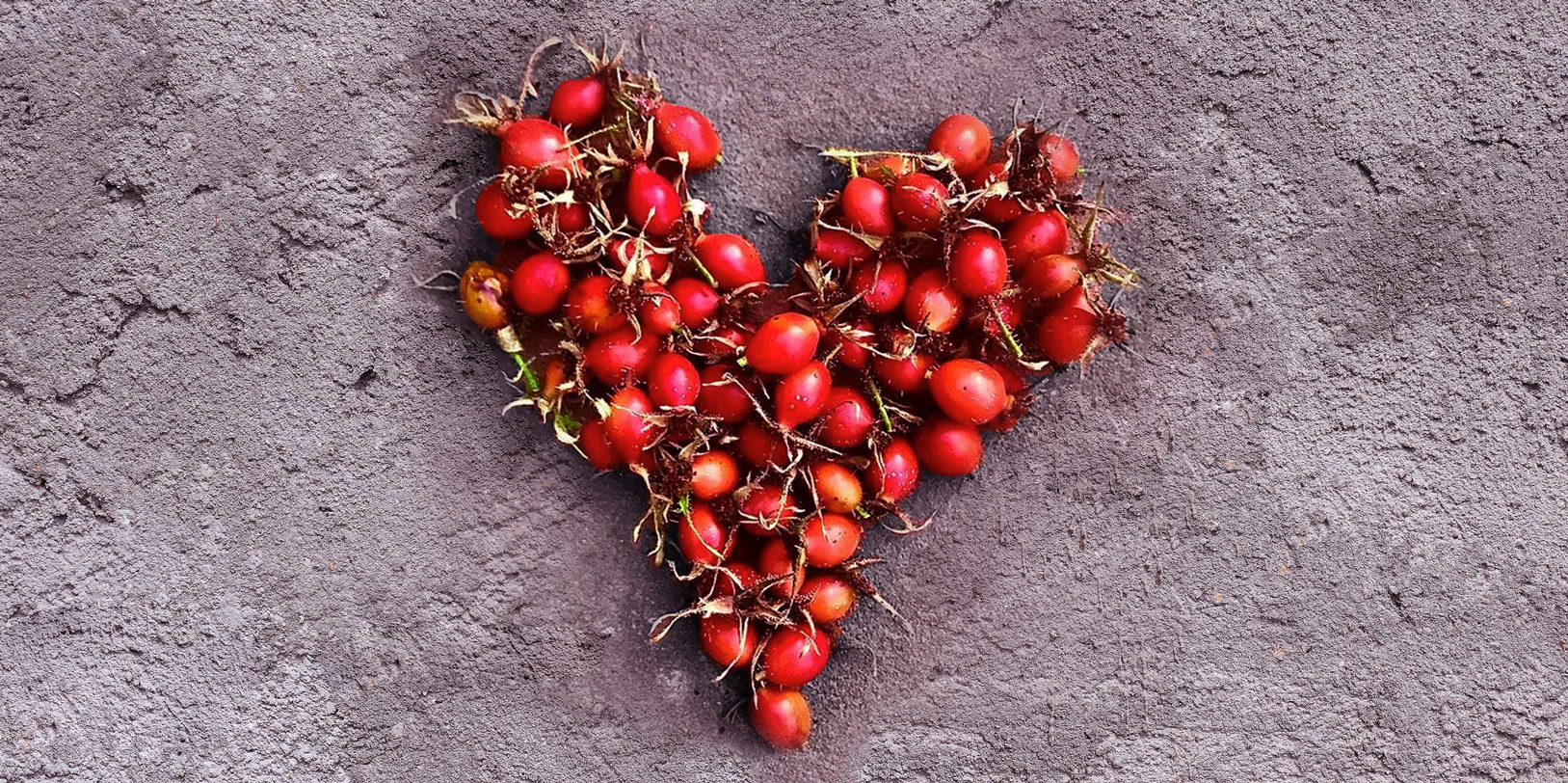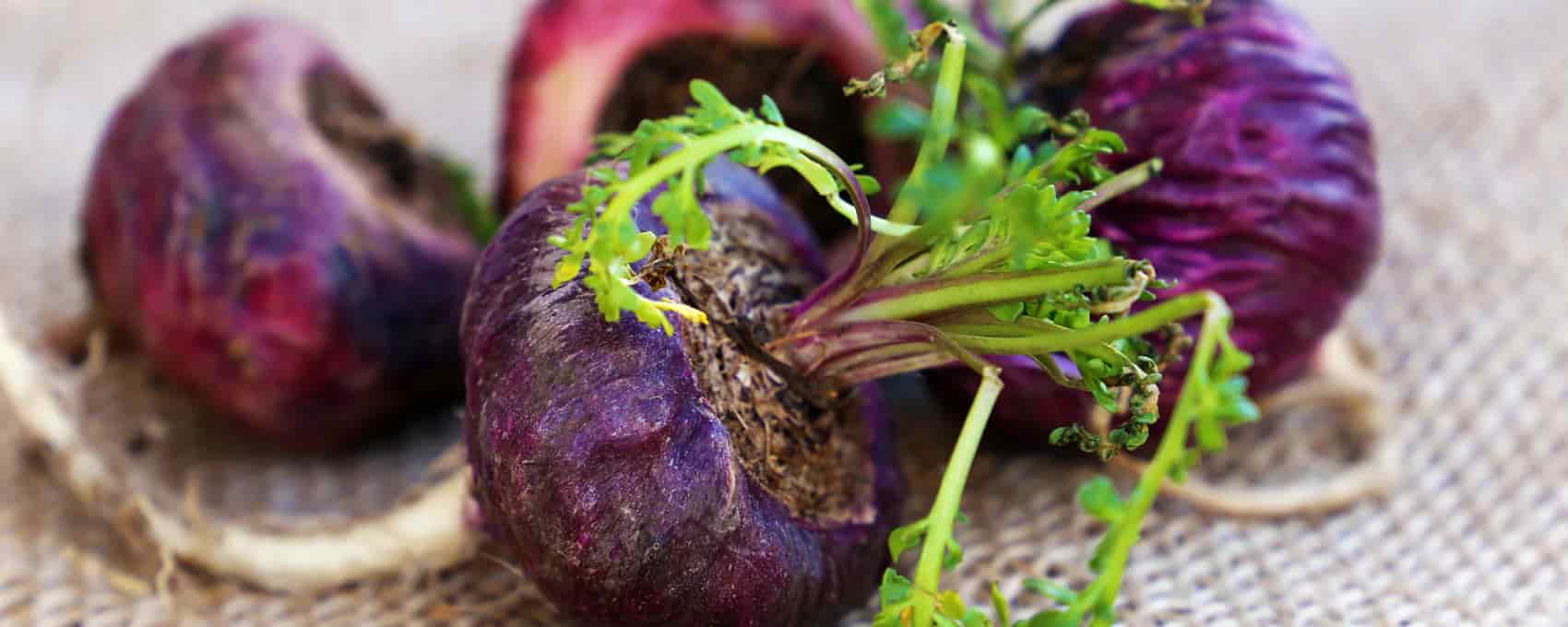You've most likely seen our herb of the month in your favorite health food store. Maca, or Lepidium meyenii, has been prized for its rich health benefits for thousands of years in South America before its popularity in North America.
The plant belongs to the Mustard family and the Lepidium genus, just like Turnip and Cabbage.

Maca Farms in Peru
The History of Maca
This beautiful botanical is native to Peru, where it grows among the highest peaks of the Andes. The first written history was recorded by Cieza de Leon, a chronicler from the Spanish Conquest. He most likely observed the indigenous people of Peru using Maca roots in their daily lives to support vitality and fertility and to enhance mood and well-being.¹ They not only used it for themselves, but for their animals as well!
Native Peruvians have been cultivating Maca for centuries. The plant thrives in the high altitude and cold conditions of the Andes. They harvest the rock-hard root and dry it for preservation to sustain their health year-round.
How Is Maca used?
Because the root is so hard, it needs a little love to process. The dried roots (or hypocotyls) must be boiled in water in order to consume Maca as a juice. This is how most Peruvians prepare the plant.
Here in North America, we like to supplement Maca in capsules, as a loose powder, or in herbal extractions like tinctures. You can find Maca in various sports nutrition protein powders or sexual health supplements, because Maca supports vitality. Just like the native people of Peru, people in the U.S. use Maca in fertility formulas and in formulas to support healthy adrenal glands because of its adaptogenic qualities.
Who doesn't need a little extra vitality these days? We live in fast-paced society and can use all the support we can get. In addition to your healthy smoothies, you may use herbal extractions like WishGarden's Rise & Energize Daily Energy Boost to support healthy ATP (adenosine triphosphate) levels. ATP is the primary carrier of energy within living cells. This formula is paired with other nutritive herbs like Milky Oats to keep the senses sharp while nourishing your endocrine system. But Maca is the key player here, where it supports healthy cortisol levels and offers an all-day metabolic boost!
Sustainable Maca
Sustainability is more important than ever, and Maca is no exception. This botanical is steeped in Peruvian culture but it has risen to global popularity, which can devastate a small region's plant population.
WishGarden Herbs sources our Maca ethically from a family farm in Peru. They cultivate Maca as their ancestors did in the Andes mountains. The integrity and potency of cultivated Maca from the Andes shines through in the extractions made from such a beautiful source.

Our Maca is sustainably grown and harvested, then dried in the sun before processing.
Maca Science
As the rest of the world joins South America in utilizing Maca's health benefits, we are seeing more studies confirming its abilities. It's important to keep in mind that several varieties of Maca exist, but the yellow, red, and black Maca have been most researched.
Reproduction published studies have found that plant compounds Macaenes and Macamides (both found in Maca) can support sexual health, though research is ongoing.¹ Maca has been linked to improved sperm function and increased number of offspring in study subjects, and it has even been shown to improve memory in modern research. No wonder this botanical has such a long history in herbalism!
Of course, preparation methods matter in these studies, so please investigate and learn all about Maca for yourself.
References
1. Gonzales, F. Gustavo, Ethnobiology and Ethnopharmacology of Lepidium meyenii (Maca), a Plant from the Peruvian Highlands.
Lauren Ann Nichols-Sheffler attended The Colorado School of Clinical Herbalism and received her certificate in medical herbalism. She is the owner of Blue Yarrow Herbs aka Herbal Vice, an herbal product company practicing bioregional herbalism by cultivating plants and sourcing locally. Lauren loves educating and advocating for plant sustainability. She is the sourcing and Purchasing manager for WishGarden Herbs.
For educational purposes only. This information has not been evaluated by the Food and Drug Administration. This information is not intended to diagnose, treat, cure, or prevent any disease, or sell any product.
Recommended Products
Further Reading











